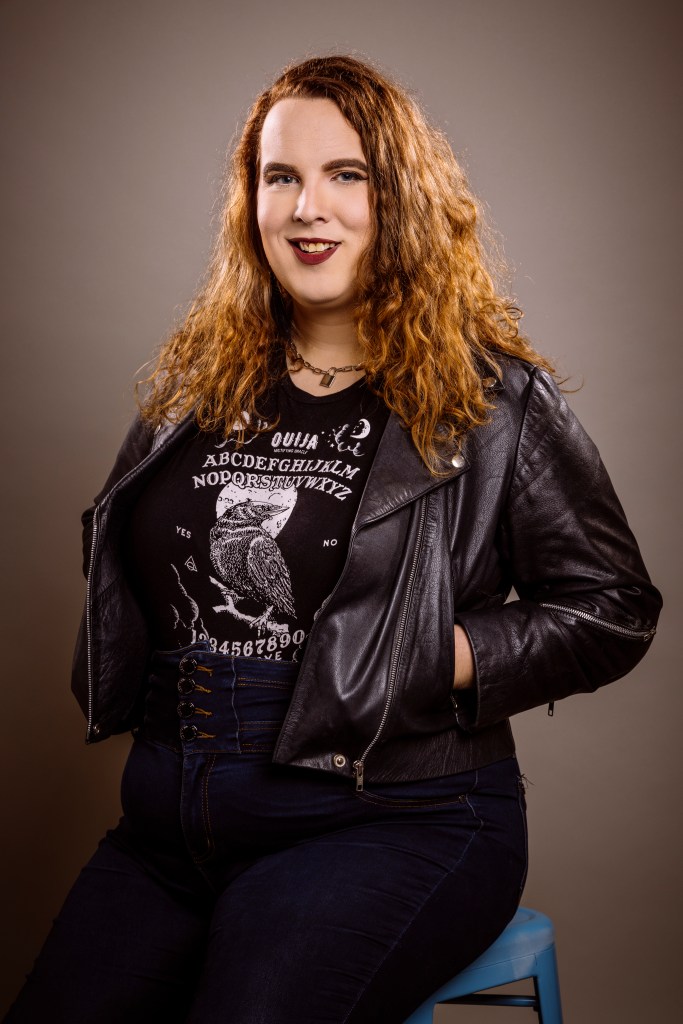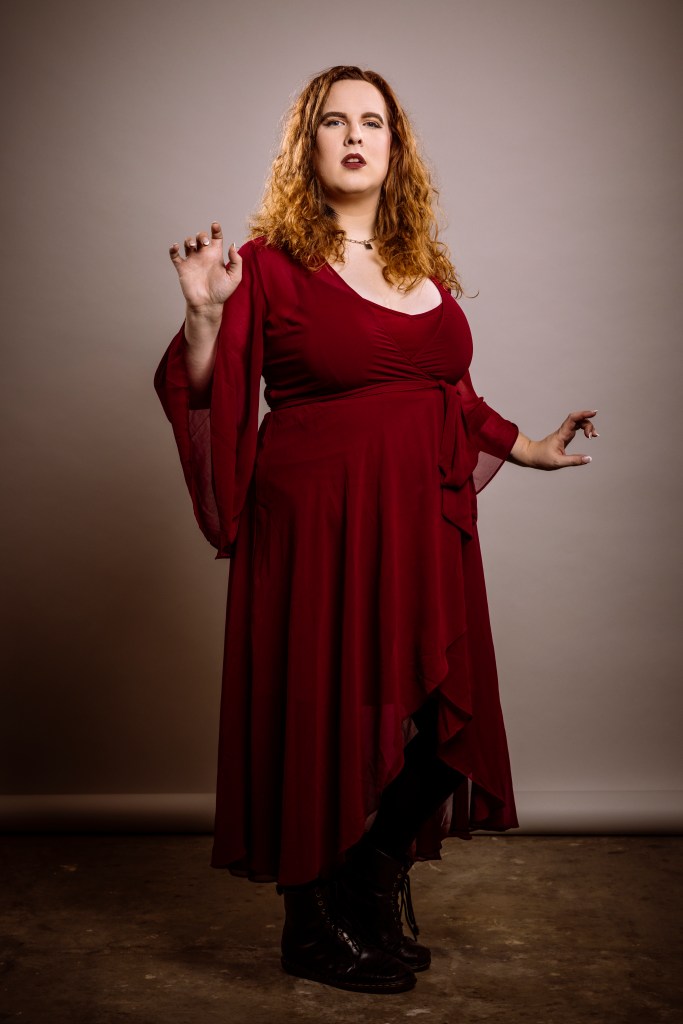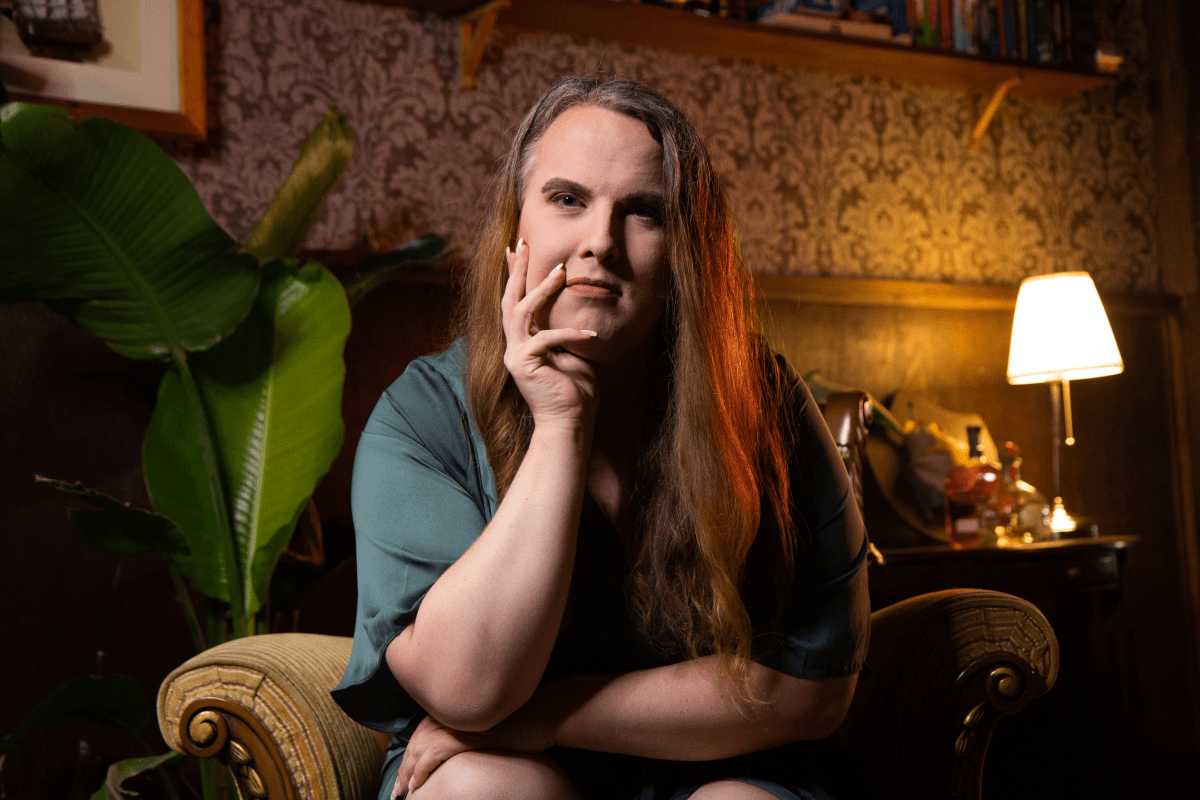In the world of acting, there is no greater challenge, and no greater accomplishment, than completely disappearing into a character unlike yourself. Some of the most lauded performances in acting have involved an actor dramatically transforming their appearance – Charlize Theron making herself ugly for Monster, Christian Bale slimming down to 50 kilograms in The Machinist, Christian Bale again bulking up to 100 kilograms for Vice.
But recently, a new taboo has formed for actors – casting a cisgender actor to play a transgender character. This taboo has led to cancellation and backlash for many actors and productions. In 2018, Scarlett Johansson pulled out of playing trans man and crime kingpin Tex Gill in the biopic Rub & Tug, leading to that film lapsing into development hell. In 2020, Hugh Sheridan received a wave of backlash after being cast as the arguably-trans lead in a stage production of Hedwig and the Angry Inch – a backlash that has continued to cause him distress and publicity to this day. (Hugh has since come out as non-binary, as human and “Hughman”, before quietly returning to he/him pronouns, to which I can only say, ‘Hey doll, are you OK? Call me.’)
At the risk of upsetting any Packed to the Rafters alumni, there’s good reason for the backlash. Trans actors aren’t given anywhere near the same opportunities that cis actors are. We don’t get cast in big blockbuster movies, or mainstream sitcoms, or family-oriented comedy dramas airing on Channel 7. It feels like adding insult to injury, adding slur to hate crime, to not get cast even to play ourselves. Cisgender actors disappear into us, and we never get to appear at all.
Let’s be generous though, and ignore the systemic lack of representation, so that we can consider the counterargument. “Any actor should be able to play any role,” argue cis pundits. “Roles should go to whoever is best for the part.” That argument might be persuasive, if not for the fact that cisgender actors rarely play these parts well. Cis actors dedicate themselves so much to playing the gender that they don’t play the character. They focus on hair, makeup, prosthetics, mannerisms and forget about the basics of acting – motivation, intent, characterisation.

For trans audiences, watching Eddie Redmayne in The Danish Girl is like watching Keanu Reeves in Dracula – so focused on the accent that he forgot to emote. For trans audiences, watching Jared Leto, AKA Method Man, in Dallas Buyers Club is like watching Jared Leto in Suicide Squad – the costume’s doing all the acting for him.
Allow me now to open myself up to accusations of hypocrisy. I’m a transgender actor and playwright and I’ve just cast a cis woman to play a trans woman in my new play. How can I live with myself? How will I cope with the trans community’s venom? How will I ever be able to show my face at the endocrinologist’s office again?
Like all aspects of production, casting is a tool and it’s all about how you wield it. You can use a hammer to reinforce what’s already there. Or you can use it to wreck a building while making the architect watch (hot).
Casting against type is already a powerful weapon that’s been used by plenty of productions to elevate a story’s themes and messages. Todd Haynes cast Cate Blanchett as the 1966 version of Bob Dylan in I’m Not There, using her casting to highlight how odd and out of place Dylan seemed at that time. In the musical Hamilton, Lin-Manuel Miranda cast non-white actors as all the American characters, to give a contemporary edge to their revolutionary messages. Jodie Whittaker and Ncuti Gatwa have both assumed the iconic role of The Doctor in Doctor Who as a way to open up new stories and to turn The Doctor into an aspirational figure for all children – much to the chagrin of the 50-year-old children who can’t handle media no longer being made primarily for them.
Read: Turning dark days into comedy
Our play, An Evening With JK, has done the same. The titular character JK is a cis woman, the world’s most famous TERF (trans exclusionary radical feminist), inspired loosely by a very famous children’s author, known for her litigious nature. For that role, I cast myself (no audition, I’m offer only). What better way for an audience to hear the bigotry in TERF talking points than from the mouth of one their most likely targets? How could an audience member ignore the potential harm when the words are spoken by someone potentially impacted?
The other role in the play, Matilda Quinn, is a trans woman interviewer crafted to be JK’s perfect foil. Casting a cis woman in the part felt like a natural escalation. I said to myself the same thing I said before trying a floor pill in a Perth nightclub in 2009: ‘Let’s try it and see what happens.’ And after we got through auditions, I repeated my 2009 self once more: ‘That turned out a lot better than I thought it would.’

Sasha Chong, who plays Matilda, understood the part immediately. She’s spent no time trying to play the transness, to convey the character’s gender identity. She’s trusted the words to convey that for her. Instead, she’s spent her time exploring Matilda’s sense of justice, her quest for empathy, her irrepressible desire to mouth off with a bitchy comeback. Sasha’s not concerned about what’s between Matilda’s legs, she’s concerned about what’s between Matilda’s brain. Well, that and understanding the occasional reference to the Superwholock fandom.
This casting experiment has already yielded fascinating results. By flipping the casting, we flip people’s prejudices. If any audience member has any subconscious transphobia, any tendency to believe a cis woman’s opinions over a trans woman’s, it gets exploited against them. If they empathise with the cis actor, they agree with the trans character. If they empathise with the cis character, then they agree with the trans character and writer.
Read: Trans stories on screen are getting better at last
With every trans debate bubbling up through the news cycle, I’m as tempted as anyone to seek easy answers. Thinking is hard and there’s a new documentary about Posh Spice and David Beckham I could be watching instead. Producing this play has taught me that seeking hard answers, complex answers, nuanced answers is always so much more rewarding.
We hope everyone coming to see An Evening With JK understands why we’ve made the choices we have. And if they don’t, Sasha and I are more than willing to talk to 60 Minutes about our cancellation.
An Evening with JK will be performed at Festival Hub: Trades Hall – Quilt Room from 18-22 October 2023 as part of Melbourne Fringe.





